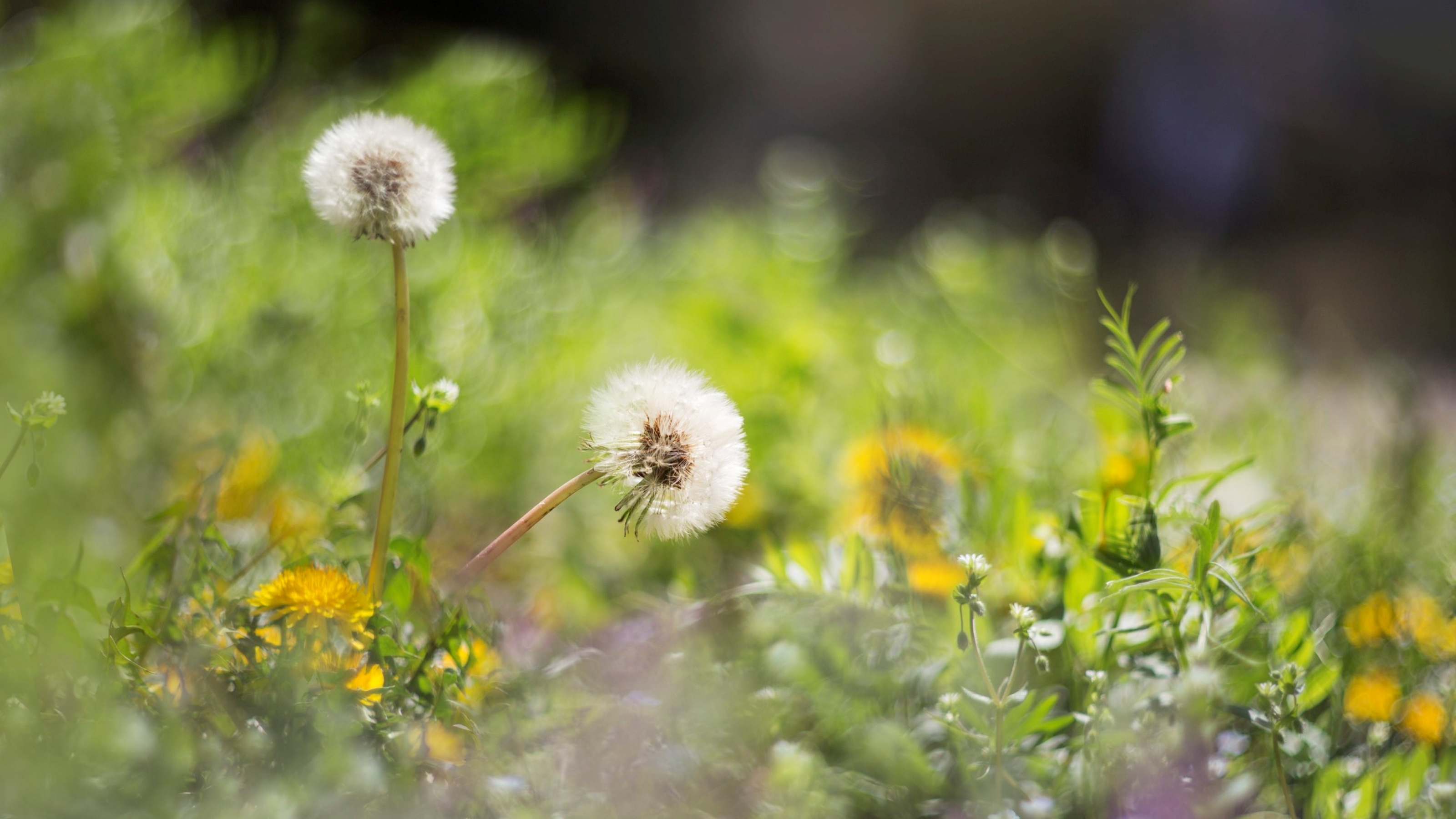How to kill weeds with vinegar: 6 essential steps
Learn how to kill weeds with vinegar for a budget-friendly, natural DIY alternative to harsh herbicides

Want to know how to kill weeds with vinegar? When growing season is in full swing, weeds will be running rampant in your garden or even entire backyard space. Even the most vigilant gardener will not be able to prevent all weeds from popping up now and again in your flower or vegetable beds, and while a couple here and there is not so much of a problem, persistent weeds or a large amount of them, particularly after you've been away on vacation, can be quite annoying to deal with.
Of course, dousing your weeds with the best weed killer is always an option. However, many gardeners these days are reluctant to use the industrial-strength chemicals that kill weeds and prefer killing weeds naturally. Many of us are becoming aware of the ways in which herbicides can negatively affect your plants, soil, and the wildlife that frequent your yard, so using a natural product such as vinegar can be preferable.
A note of caution:
if you're dealing with a serious infestation of a very invasive plant species (e.g. Japanese knotweed or giant hogweed), you need to call in a professional. These weeds are not to be tackled on your own in most cases. For your standard garden weeds, though, vinegar can work a treat.
How to kill weeds with vinegar
Killing weeds with vinegar is easy, but you need to choose the right kind of vinegar and dilute and apply it correctly. Remember: just because vinegar is natural doesn't mean it's not potent. You don't want to damage your other garden plants with the vinegar, but you also want it to be strong enough to work.
Tatyana Rodriguez runs a small gardening blog called Florence’s Flowers. She has shared with us her failsafe method for killing weeds with vinegar.
1. Be realistic about tackling weeds with vinegar
First of all, Rodriguez recommends setting realistic expectations with this method - 'it works best on small or new weeds. Plants that have a taproot (like dandelions) tend to survive.' If you have mature weeds that have been in your lawn or yard for a long time, you'll just have to pull them instead if you don't want them there.
2. Choose a stronger vinegar
This point can't be stressed enough: household vinegar may not be strong enough to kill weeds as it has a concentration of only about five percent. Rodriguez urges gardeners to use herbicidal vinegar (you can buy it on Amazon), which has a 20-30 percent concentration of acetic acid, which is the active ingredient that will kill your weeds.
3. Water it down
Next, it's important to dilute the vinegar in water: 'The acetic acid must be watered down since it is toxic to the soil microbiome, and small mammals.'
Get small space home decor ideas, celeb inspiration, DIY tips and more, straight to your inbox!
The correct dilution, according to Jen McDonald, a professional gardener and founder of Cincinnati-based Garden Girls, is: 'four parts vinegar to one part water.'
4. Add dishsoap and salt
Vinegar is naturally very liquid so you'll need to add something to help your homemade weedkiller adhere to your plants. So, 'add in 1 cup salt and about an ounce of dish soap (helps the mixture adhere to the weeds) and mix', advises McDonald.
5. Spray on
Transfer your mixture into a plastic spray bottle and begin spraying. Rodriguez advises avoiding spraying the ground and focusing on the leaves. 'If the vinegar solution does reach the soil, it will only negatively impact it for a short period since it breaks down quickly in the soil.'
6. Reapply if necessary
Depending on how mature your weeds are and how many you're tackling, you may need to reapply the vinegar and soap solution after a few days. According to gardener and blogger at Urban Organic Yield Lindsey Hyland this will depend 'on the severity of the weed problem.'
Does vinegar kill weeds permanently?
McDonald says that 'vinegar can be effective in killing some weeds permanently. However, I have found that it is more of a temporary solution because it doesn’t reach all the way down into the root system. So, for organic gardeners, I advise the use of vinegar, but you will need to reapply.'
How long does it take for vinegar to kill the weeds?
According to Rodriguez, 'When the acetic acid is sprayed on the leaves, it draws out the moisture, killing the top growth. If the (small) weeds are sprayed thoroughly with the solution on a dry, sunny day, they should die within a week.'
Can I just pour vinegar on weeds?
You can, but Rodriguez recommends that 'the easiest way to apply vinegar to weeds is to use a pump lawn sprayer, which is an inexpensive purchase from Amazon or any home improvement store.'
Vinegar, when mixed and applied correctly, is a safe and cheap alternative to store-bought herbicides. If you're only tackling a few weeds in your yard, vinegar is well worth trying.
Anna is a professional writer with many years of experience. She has a passion for contemporary home decor and gardening. She covers a range of topics, from practical advice to interior and garden design.